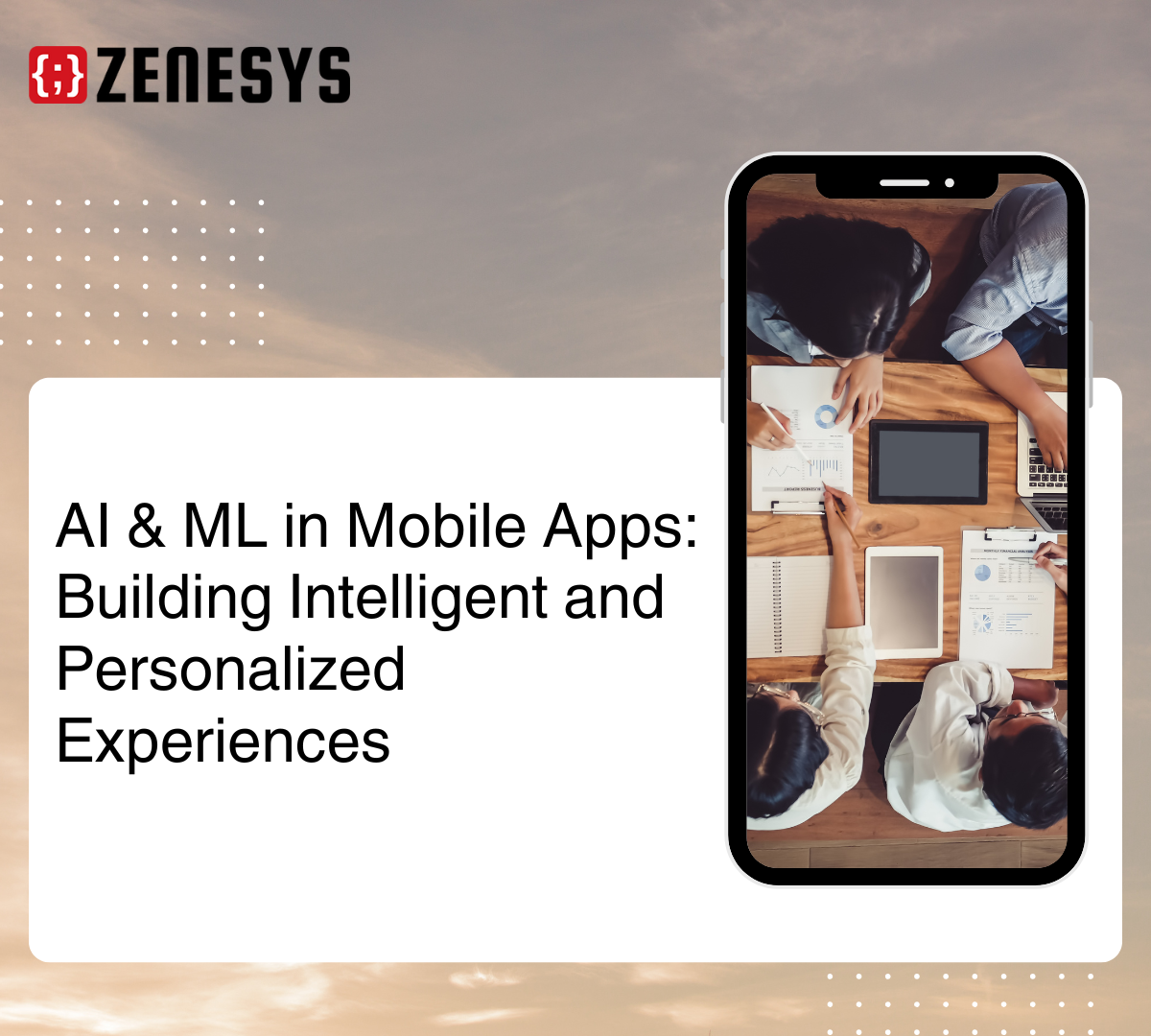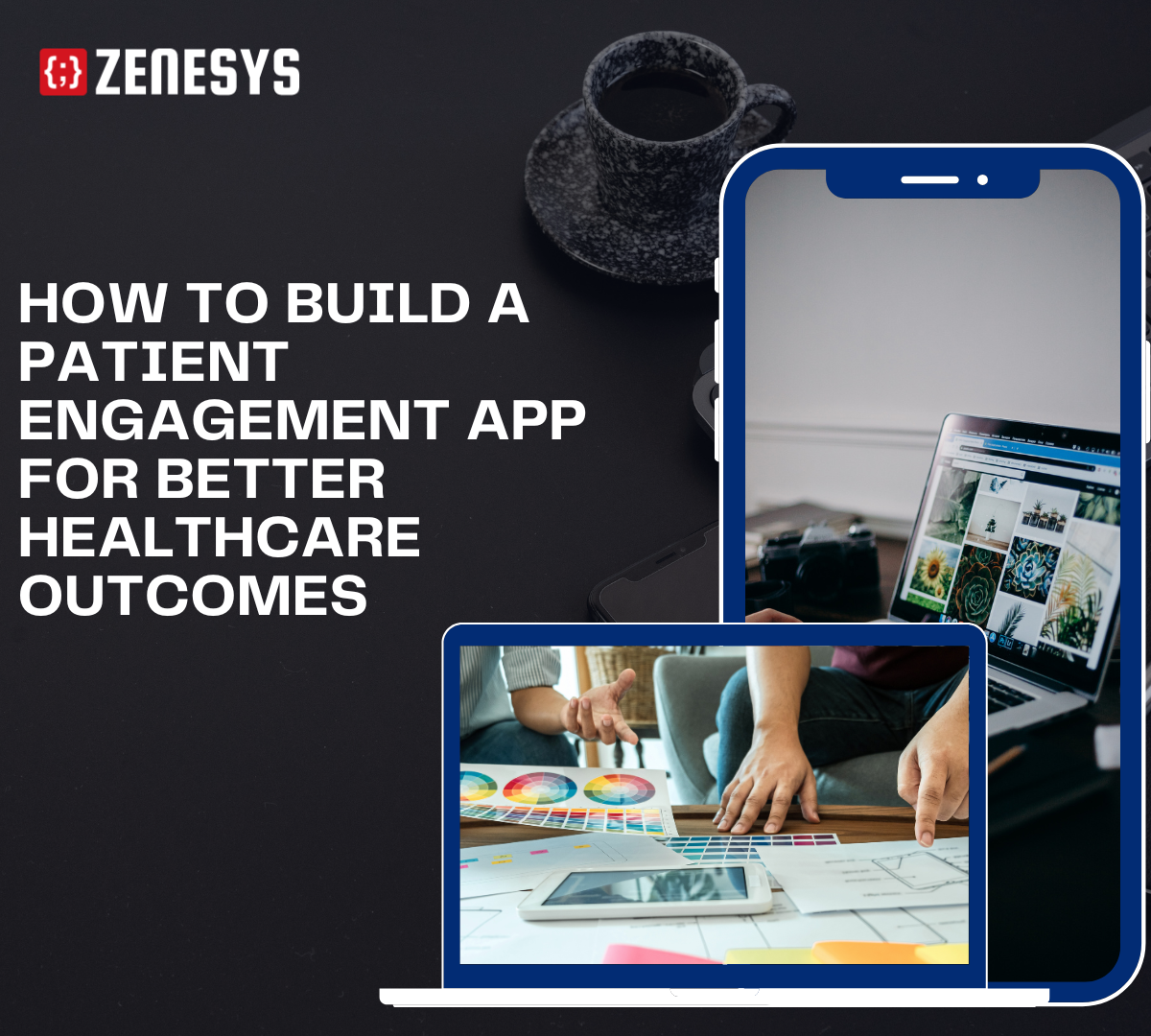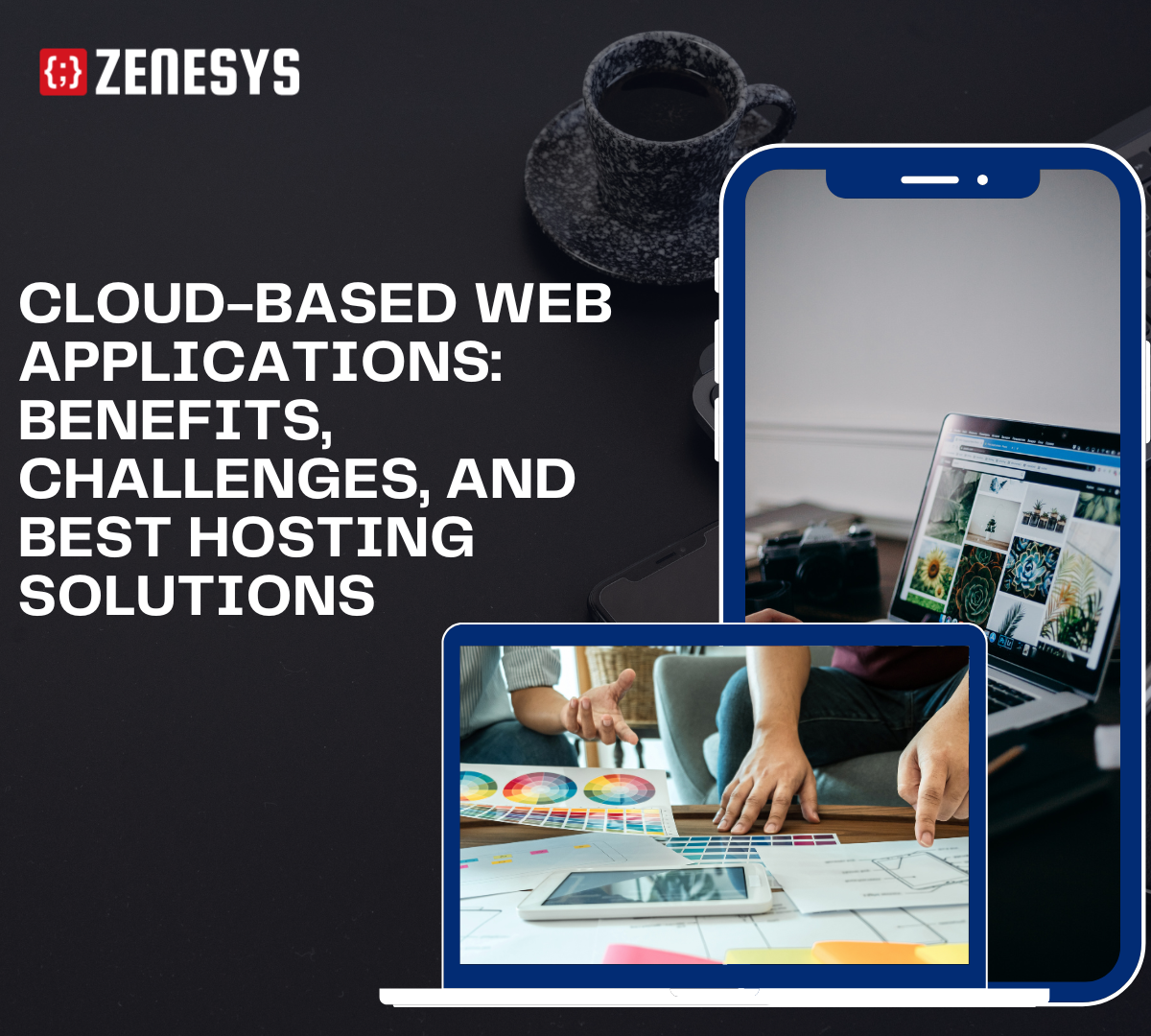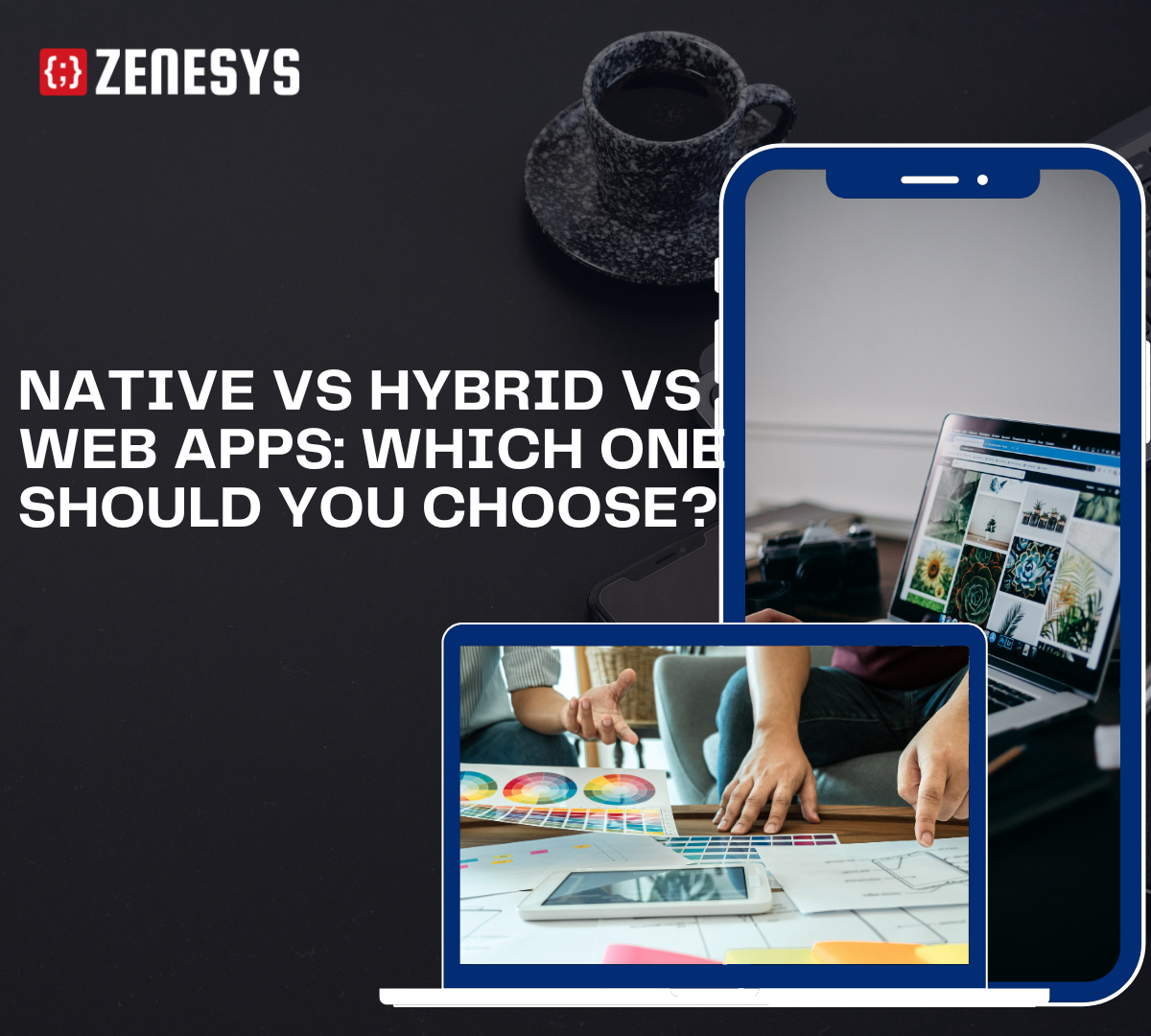AI & ML in Mobile Apps: Building Intelligent and Personalized Experiences

Strong 8k brings an ultra-HD IPTV experience to your living room and your pocket.
Artificial intelligence (AI) and machine learning (ML) are rapidly transforming the mobile app landscape. These technologies are enabling developers to create more intelligent, personalized, and engaging experiences for users.
What is AI and ML?
AI is a broad term that refers to the ability of machines to perform tasks that would normally require human intelligence, such as learning, problem-solving, and decision-making. ML is a subset of AI that involves training algorithms on data to make predictions or decisions.
How are AI and ML being used in mobile apps?
AI and ML are being used in a variety of ways to improve the mobile app experience. Some of the most common applications include:
Personalized recommendations: AI and ML can be used to analyze user data to provide personalized recommendations for products, services, and content. For example, a music streaming app could use AI to recommend new songs or artists that a user might like based on their listening history.
Improved search: AI and ML can be used to improve the accuracy and relevance of search results. For example, a search engine could use AI to understand the intent of a user's query and return more relevant results.
Fraud detection: AI and ML can be used to detect and prevent fraud. For example, a banking app could use AI to identify suspicious transactions and flag them for review.
Chatbots: AI and ML can be used to create chatbots that can provide customer support and answer questions.
Image and speech recognition: AI and ML can be used to enable image and speech recognition in mobile apps. For example, a camera app could use AI to identify objects in a photo, and a voice assistant could use AI to understand and respond to voice commands.
Why are AI and ML important for mobile apps?
AI and ML are important for mobile apps because they can help to:
Improve user engagement: By providing personalized experiences, AI and ML can help to keep users engaged with mobile apps.
Increase user satisfaction: AI and ML can help to improve the accuracy and relevance of search results, which can lead to a more satisfying user experience.
Reduce costs: AI and ML can be used to automate tasks such as customer support, which can help to reduce costs.
Increase revenue: AI and ML can be used to personalize recommendations, which can help to increase sales.
How can developers get started with AI and ML in mobile apps?
There are a number of resources available to help developers get started with AI and ML in mobile apps. These include:
Cloud platforms: Cloud platforms such as Amazon Web Services (AWS), Google Cloud Platform (GCP), and Microsoft Azure offer a variety of AI and ML services that can be used to build mobile apps.
SDKs and APIs: There are a number of SDKs and APIs available that can be used to add AI and ML capabilities to mobile apps.
Open-source libraries: There are a number of open-source libraries available that can be used to build AI and ML models.
Challenges of using AI and ML in mobile apps
There are a number of challenges associated with using AI and ML in mobile apps. These include:
Data privacy and security: AI and ML models require large amounts of data to be trained. This data can be sensitive and must be protected.
Bias: AI and ML models can be biased if they are trained on biased data. This can lead to unfair or discriminatory outcomes.
Explainability: AI and ML models can be difficult to explain. This can make it difficult to understand how they make decisions.
The future of AI and ML in mobile apps
AI and ML are still in their early stages of development, but they have the potential to revolutionize the mobile app landscape. As these technologies continue to evolve, we can expect to see even more innovative and personalized mobile apps.
Note: If you want to get mobile app development services, then you can contact Zenesys, they provide you end-to-end mobile app development services.
The previous section provided a foundational understanding of AI and ML within the mobile app ecosystem. Now, let's delve deeper into specific use cases and explore the transformative potential of these technologies.
1. Personalized Experiences: Beyond Recommendations
While personalized recommendations are a significant application, AI and ML are enabling a much broader spectrum of personalized experiences. Consider these examples:
Adaptive Interfaces: Imagine an app that dynamically adjusts its user interface based on individual preferences and usage patterns. A fitness app, for instance, could prioritize certain workout routines based on a user's fitness level, past performance, and even their mood.
Contextual Assistance: AI can leverage contextual information, such as location, time of day, and even environmental factors, to provide highly relevant assistance. A travel app, for example, could proactively suggest nearby attractions, dining options, and transportation based on the user's current location and travel itinerary.
Predictive Maintenance: In certain industries, AI can predict potential issues with devices or systems. A maintenance app for industrial machinery could analyze sensor data to anticipate potential breakdowns, allowing for proactive maintenance and minimizing downtime.
2. Enhancing User Engagement and Retention
AI and ML play a crucial role in keeping users engaged and retaining their interest:
Gamification: AI can power engaging gamified experiences within apps. This could involve personalized challenges, rewards systems, and dynamic difficulty adjustments to keep users motivated and coming back for more.
Interactive Storytelling: AI can be used to create interactive narratives that adapt to user choices, creating unique and personalized storylines.
Personalized Onboarding: AI can tailor the onboarding experience to individual user needs and preferences, ensuring a smoother and more effective introduction to the app.
3. Advanced Security Measures
AI and ML are vital in enhancing the security of mobile apps:
Biometric Authentication: Facial recognition, fingerprint scanning, and voice recognition, powered by AI, offer robust and convenient authentication methods.
Fraud Detection: AI algorithms can analyze user behavior patterns and detect anomalies that may indicate fraudulent activity, such as unusual login attempts or suspicious transactions.
Data Encryption: AI can be used to develop more sophisticated encryption techniques to protect sensitive user data from unauthorized access.
4. The Future of AI and ML in Mobile Apps
The future of AI and ML in mobile apps is brimming with exciting possibilities:
Edge Computing: With the rise of edge computing, AI processing can be performed directly on the device, reducing latency and enhancing privacy.
Augmented Reality (AR) and Virtual Reality (VR): AI will play a crucial role in powering more immersive and interactive AR and VR experiences within mobile apps.
Explainable AI (XAI): As AI systems become more complex, XAI will be essential to ensure transparency and trust by making the decision-making process of AI models more understandable.
Conclusion
AI and ML are not just buzzwords; they are transforming the mobile app landscape in profound ways. By leveraging these powerful technologies, developers can create more intelligent, personalized, and engaging experiences for users. As AI and ML continue to evolve, we can expect to witness even more innovative and transformative applications in the years to come.
Note: IndiBlogHub features both user-submitted and editorial content. We do not verify third-party contributions. Read our Disclaimer and Privacy Policyfor details.





